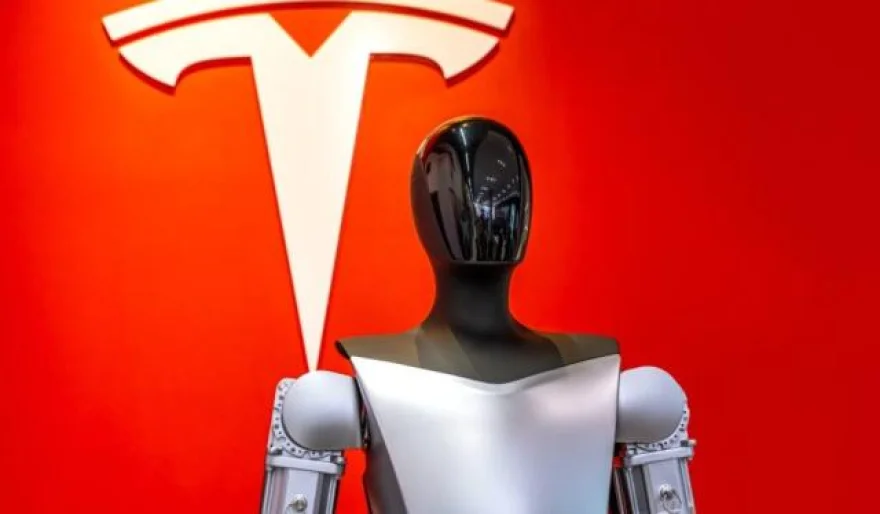Stay Ahead of the Curve
Latest AI news, expert analysis, bold opinions, and key trends — delivered to your inbox.
Tesla Makes Major Investment in Nvidia's AI Chips to Boost FSD Efforts
5 min read Tesla, the electric vehicle (EV) and clean energy company, has reportedly placed a significant order for Nvidia's latest generation of artificial intelligence (AI) chips. This move is seen as a strategic decision to bolster Tesla's efforts in developing its Full Self-Driving (FSD) technology May 28, 2024 07:12
Tesla, the electric vehicle (EV) and clean energy company, has reportedly placed a significant order for Nvidia's latest generation of artificial intelligence (AI) chips. This move suggests Tesla is doubling down on its Full Self-Driving (FSD) technology, raising both excitement and questions about the future of autonomous driving.
A Strategic Partnership: Tesla and Nvidia
This isn't the first time Tesla and Nvidia have collaborated. Nvidia's graphics processing units (GPUs) have been powering Tesla's Autopilot system for some time. However, this new chip order signifies an even deeper commitment to Nvidia's technology for Tesla's future endeavors.
Nvidia's Cutting-Edge AI Chips: Powering the FSD Dream
Nvidia's new generation of AI chips boasts significant advancements in processing power and efficiency. These improvements are crucial for the complex computations required by FSD systems, which need to analyze vast amounts of sensor data in real-time to navigate roads safely.
Tesla's FSD Ambitions: A Long Road Ahead
Tesla's FSD technology promises a future of self-driving cars, but the journey has been met with challenges. Regulatory hurdles and concerns about safety have slowed down widespread adoption. This substantial investment in Nvidia's AI chips suggests Tesla is determined to overcome these obstacles and achieve Level 5 autonomy, where cars can navigate entirely without human input.
Is Tesla Overtaking the Wheel? Potential Benefits and Concerns
The potential benefits of FSD are undeniable:
- Enhanced Safety: Advanced AI systems could potentially lead to safer roads by reducing human error, a significant factor in accidents.
- Improved Efficiency: Self-driving cars could optimize traffic flow and reduce congestion.
- Increased Accessibility: FSD could provide mobility solutions for people who cannot drive themselves.
However, there are also concerns to consider:
- Job Displacement: Widespread adoption of self-driving cars could lead to job losses in the transportation sector, such as taxi drivers and truck drivers.
- Ethical Dilemmas: Autonomous vehicles raise complex ethical questions about decision-making in unavoidable accident scenarios.
- Safety Concerns: Despite advancements, ensuring the complete safety of self-driving cars remains a challenge.
The Road to FSD: A Collaborative Effort
The development of safe and reliable FSD technology will likely require collaboration between various stakeholders, including:
- Car Manufacturers: Tesla is a major player, but other automakers are also investing in self-driving technology.
- Tech Companies: Nvidia is a key partner for Tesla, but other tech giants like Google (Waymo) are also developing self-driving solutions.
- Regulatory Bodies: Governments will need to establish clear regulations and safety standards for self-driving cars.
Tesla's Nvidia Chip Order: A Sign of Progress
Tesla's decision to equip its vehicles with Nvidia's latest AI chips is a significant step towards more advanced FSD capabilities. While the road to complete self-driving autonomy remains long, this collaboration demonstrates Tesla's commitment to innovation in this rapidly evolving field. Whether these advancements translate to widespread adoption and a future of self-driving cars on every road remains to be seen.



















 AI Agents
AI Agents